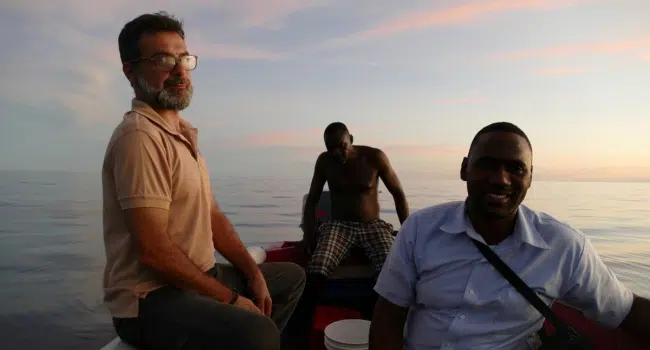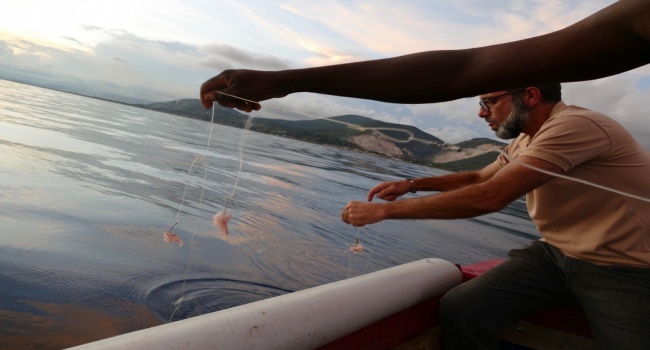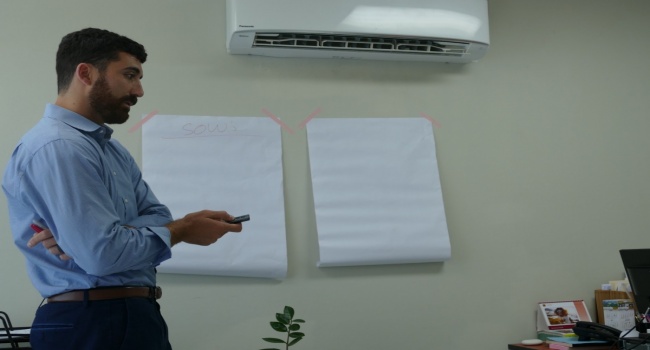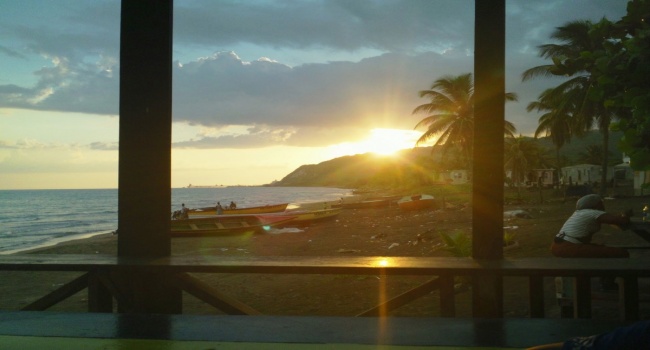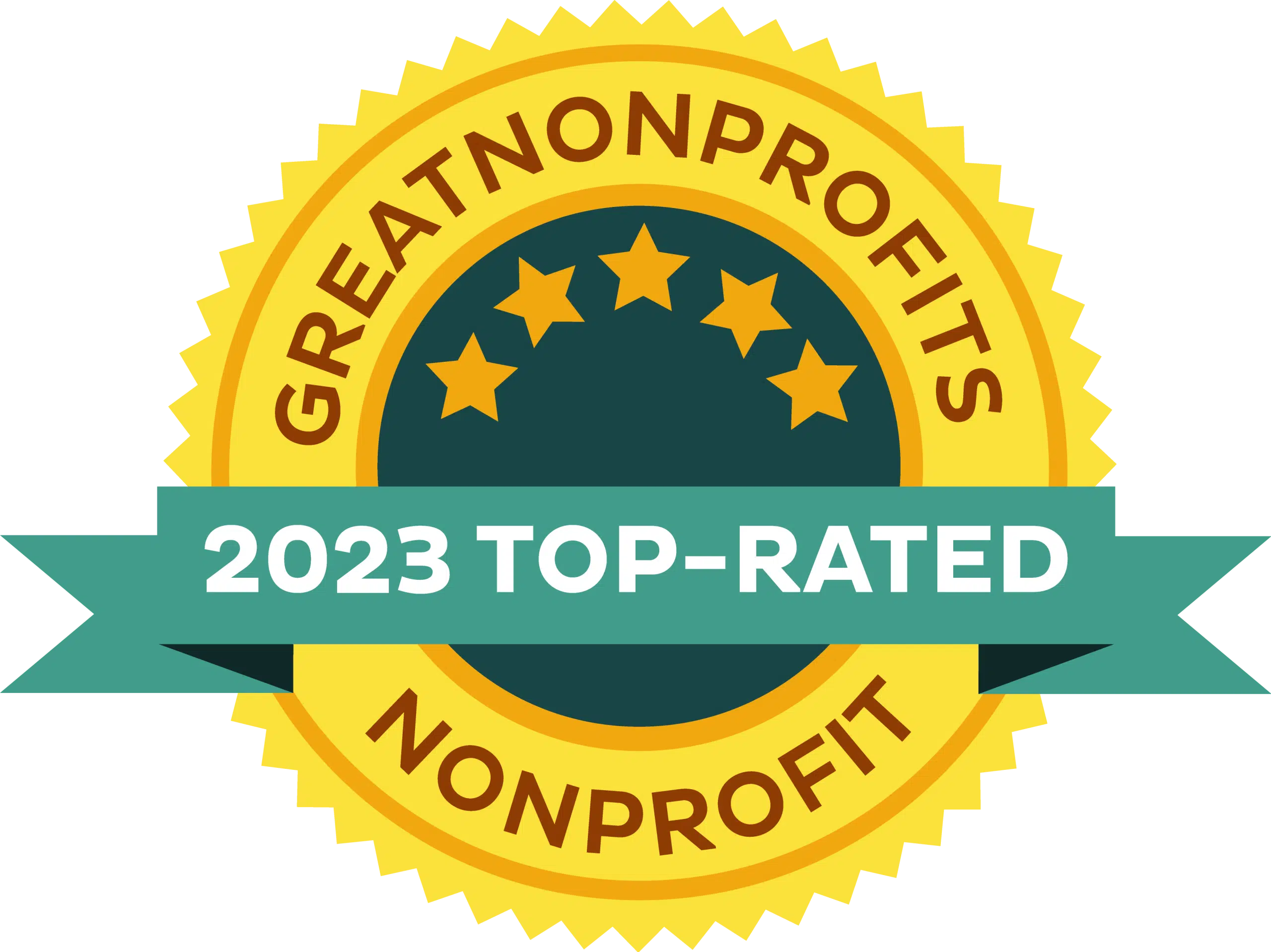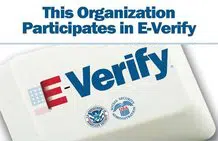As Partners’ Senior Program Officer for Economic Development and Health, Kellen Parrish monitors and evaluates field activities for the Farmer-to-Farmer (F2F) program and helps to develop work plans for F2F volunteers. Partners’ Farmer-to-Farmer program aims to promote sustainable improvements in both food security and agricultural production, processing, and marketing. Highly skilled U.S volunteers provide technical assistance to farmers, farm groups, agribusinesses, service providers and other agricultural institutions in developing and transitional countries. Over the next six years, the 2018-2023 Farmer-to-Farmer program plans to place 610 volunteers in six countries.
From September 15-20 of 2019, I had the pleasure of traveling to Jamaica to visit our Farmer-to-Farmer (F2F) field team. There, I collaborated with the team in the field office and accompanied volunteers on their assignments. I saw firsthand how Partners Jamaica field staff work tirelessly to make volunteer assignments successful and ensure positive experiences for the volunteers.
On this trip, I watched volunteers Dr. Dennis McCarthy and Michael Frinsko in action. McCarthy, a small ruminant nutrition expert specializing in ration formulation for goats, helped goat producers formulate healthy diets for animals with locally available forage and agricultural byproducts. Country Director Marsha Johnson and Field Officer Raniel Simms coordinated with agricultural extension agents and smallholder farmer groups to expose diverse stakeholders to McCarthy’s training. The concerns of these goat farmers varied by region, so McCarthy modified his training to accommodate their specific needs. The assignment expanded the capacity of many smallholder goat producers and the Rural Agriculture Development Authority (RADA) extension staff.
Frinsko, a volunteer with over 30 years of experience in fish nutrition and cooperative extension, completed an assessment of different aquaculture producers in Jamaica. Stakeholders included ornamental fish producers, RADA Fisheries and Aquaculture Unit staff, and aspiring mariculture* producers.
RADA in Jamaica is a government body that supplies subsidized tilapia fingerlings to fish farmers who then manage the grow-out phase before the fish go to market. RADA, due to funding shortages, is millions of fingerlings short in its production relative to farmer demand. Ornamental producers, who are already talented breeders, have an opportunity to produce tilapia fingerlings to close the demand gap. This allows more grow-out farmers to participate in the sector and provides a new source of revenue for the ornamental producers.
We advised the ornamental producers to meet with local freshwater fish farmers who they could supply with fingerling fish for the grow-out (or fattening) phase before harvest. Frinsko next met with RADA staff to discuss steps opening the country’s mariculture sector. RADA also expressed concern that they were unable to meet the fingerling demand for grow-out tilapia producers, falling short by millions of fish annually. This problem will likely be the subject of a future F2F assignment.
The primary host organization for Frinsko’s assignment, LandSea Co., wants to be the first finfish mariculture operation in Jamaica. Frinsko traveled to the potential site to make recommendations for infrastructure, species selection, and sourcing feed. Given the technical complexities of mariculture, Frinkso outlined the steps that the host can take to achieve proof of concept at a smaller scale before expanding. Future volunteer support may include infrastructure building, feed procurement, spawning, and other fish husbandry practices.
My time in Jamaica confirmed that the country is full of entrepreneurial, self-reliant individuals who are poised to grow the country’s economy and make the nation more food secure than ever before. I am proud to be a part of the work there.
